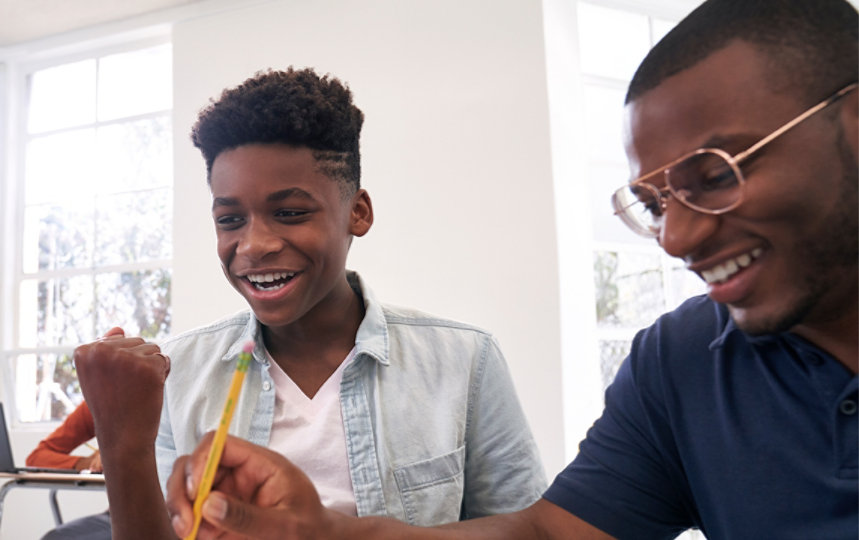Supporting educators with AI training, resources, and programs
Educators are essential to preparing students for the AI economy – and Microsoft has resources designed to support them.
Microsoft Elevate for Educators
Learn about our program that connects educators and school leaders with global communities, professional development, and resources to confidently transform teaching and learning with AI.
All educators
Educators at every grade level can benefit from learning to use AI. Explore content to meet you where you are on your own learning journey.
Program
Global community of educators
Explore our updated Microsoft Elevate Educator community to build AI skills and collaborate with a global network of educators and school leaders through exclusive resources and events. Now with year-round options to meet the needs of more educators on their journey.
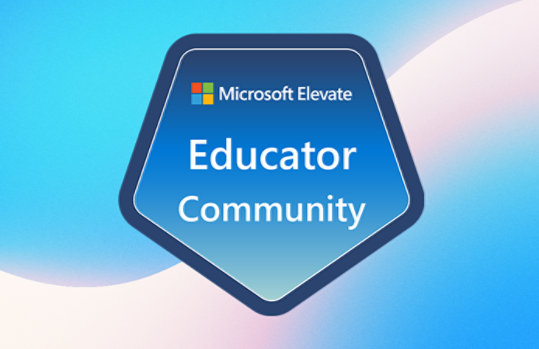

Content/Curriculum
Learn AI with Minecraft
Designed to empower students, educators, and families with a fundamental understanding of how AI works and how to use AI tools responsibly. Minecraft AI Foundations makes learning about AI engaging and fun.
Resource
Microsoft Learn Educator Center
Explore learning pathways and courses on how to use artificial intelligence (AI) for teaching and learning with Microsoft. Dive deep with interactive lessons that help meet your goals.
Resource
Introductory AI learning path
In this four-hour introductory learning path, explore the potential of AI in education. Discover AI tools that enhance your teaching and support the learners in your classroom.
Content/Curriculum
AI Classroom toolkit
Access ready-to-use instructional materials designed to assist educators in initiating important conversations about responsible AI practices in the classroom, intended for students aged 13-15 years old.
Tools
Streamline lessons with Khanmigo
Explore this free AI-powered teaching assistant thanks to Microsoft. Use it to help streamline your lesson preparation, meet the needs of your students, and help you write a quick first draft.
Computer science teachers
Discover resources for computer science (CS) teachers from Microsoft and our partners.
Program
CS education partnerships
Learn more about how we’re partnering to broaden participation in computer science education through Microsoft Technology Education and Learning Support (TEALS).
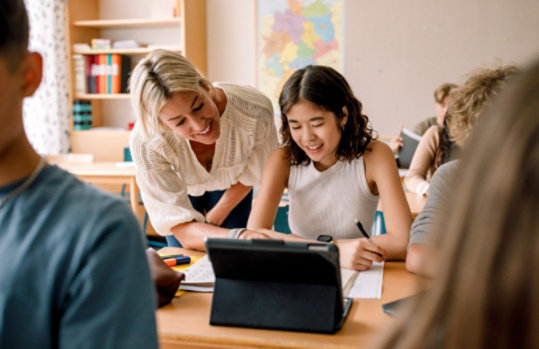
Content/Curriculum; Tools
Minecraft Education
Prepare students for the digital future with Minecraft Education’s computer science and cybersecurity resources and inspire a passion for STEM and career pathways.
Content/Curriculum; Tools
Tools for coding classrooms
Microsoft offers two free coding platforms made especially for computer science classrooms: MakeCode and VS Code for Education.
Tools
GitHub Education
GitHub Education empowers the next generation of developers by providing resources for students, educators, and educational institutions globally to learn how to code, collaborate on open source software, and build successful tech careers.
Educational leaders
Get resources and insights to help you guide and support your school community in growing AI literacy.
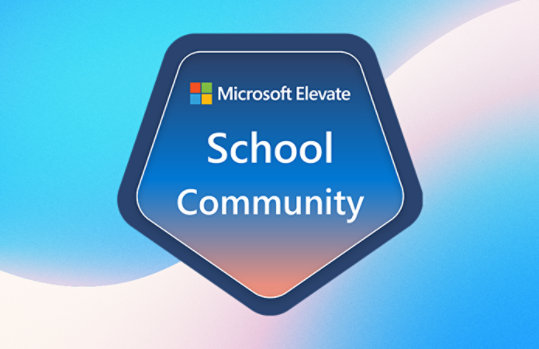
Program
Schools innovating with technology
Join the newly relaunched Microsoft Elevate Schools community to learn from like-minded school leaders about how to integrate AI into teaching and learning. Get support from a Global Training Partner.
Resource
TeachAI
Use this resource to spark dialogue in your community about the importance of AI literacy and the competences required in primary and secondary learning scenarios.
Resource
Microsoft Education AI Toolkit
The Microsoft Education AI Toolkit aims to equip educational leaders at various stages of their AI journey with knowledge, strategies, and tips to confidently advance their use of generative AI technologies.
Resource
AI in Education report
Access this special report from Microsoft and learn about how AI can have a transformational impact on your educational community.
Equip your students with AI and tech skills for today—and tomorrow
With Microsoft Learn for Educators (MSLE), integrate AI, technical skills, and credentials into your curriculum to set students up for success.
Higher education
Discover MSLE
Microsoft Learn for Educators enables you to bring Microsoft Official Curriculum and the instructor-led training materials, aligned to industry-recognized Microsoft Certifications, into your classroom to build your students’ AI and technical skills for the future.
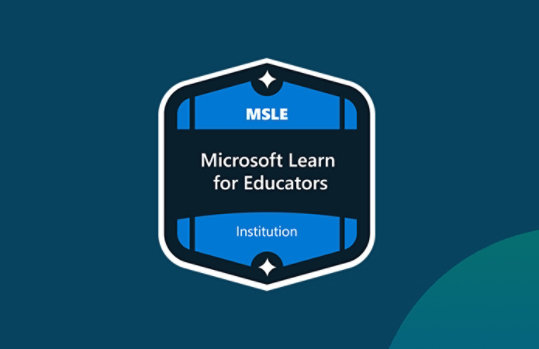
Microsoft Learn for Educators AI Bootcamps
Support your faculty in developing the knowledge and skills to include AI-related education in your programs of study through this fee-based service.
Find a Training Service Partner (TSP)
A TSP can help evaluate your current curriculum and make tailored recommendations to help your faculty get ready to bring AI skills to their students.
Sign up for MSLE
MSLE program is available for individuals and educational institutions that meet the specified eligibility criteria; some benefits limited to certain licenses.
Slide %{start} of %{total}. %{slideTitle}

